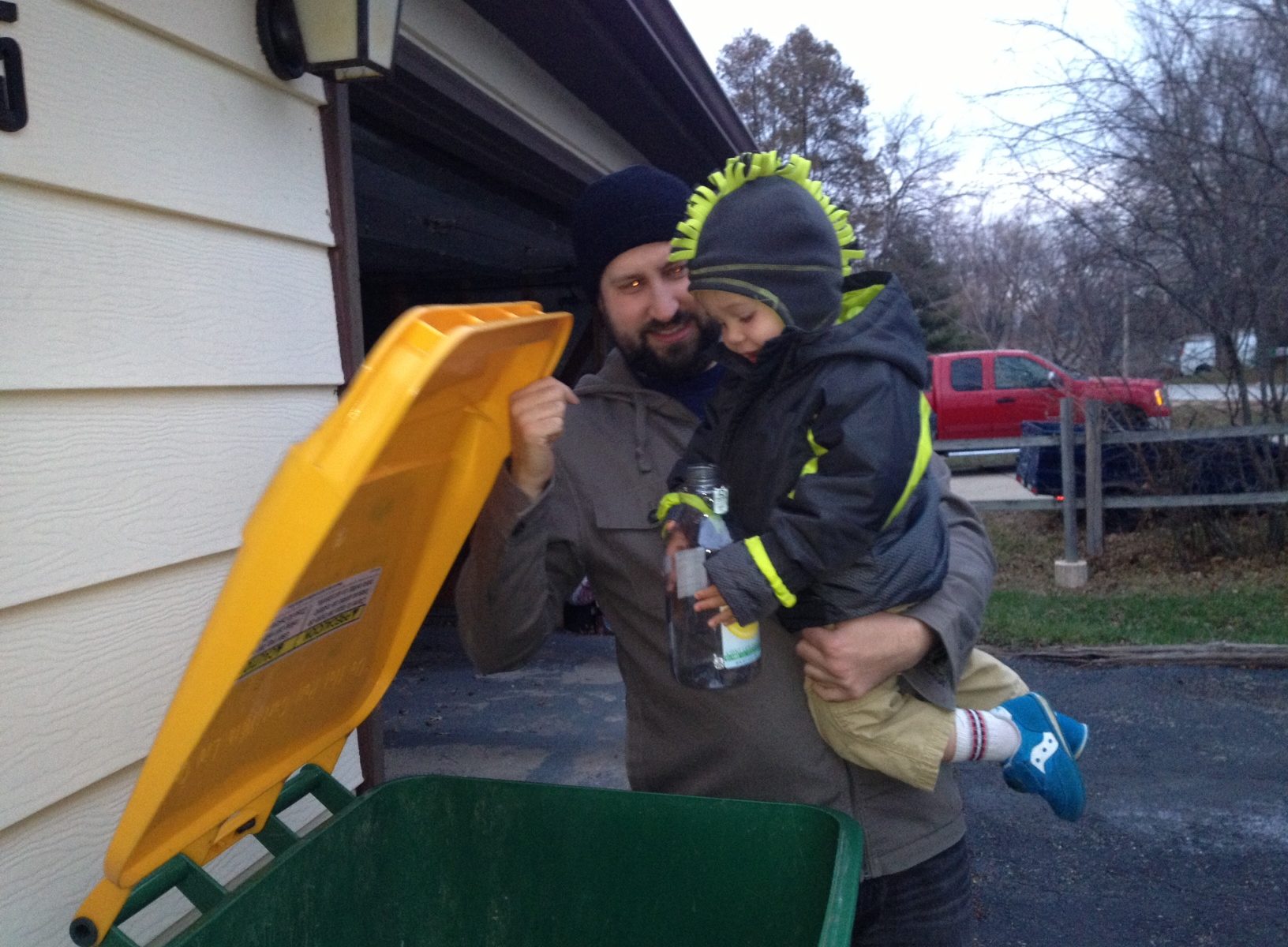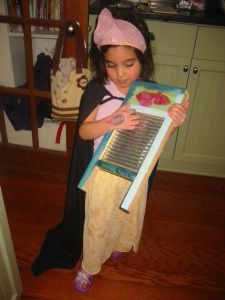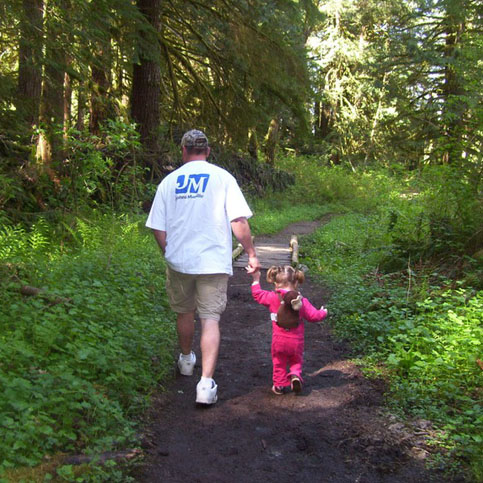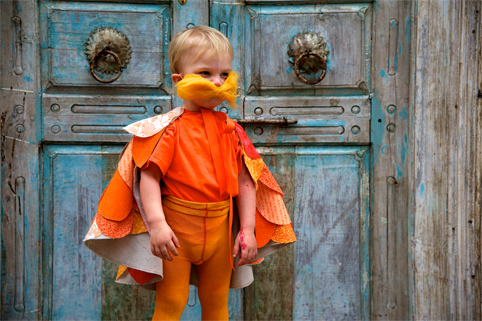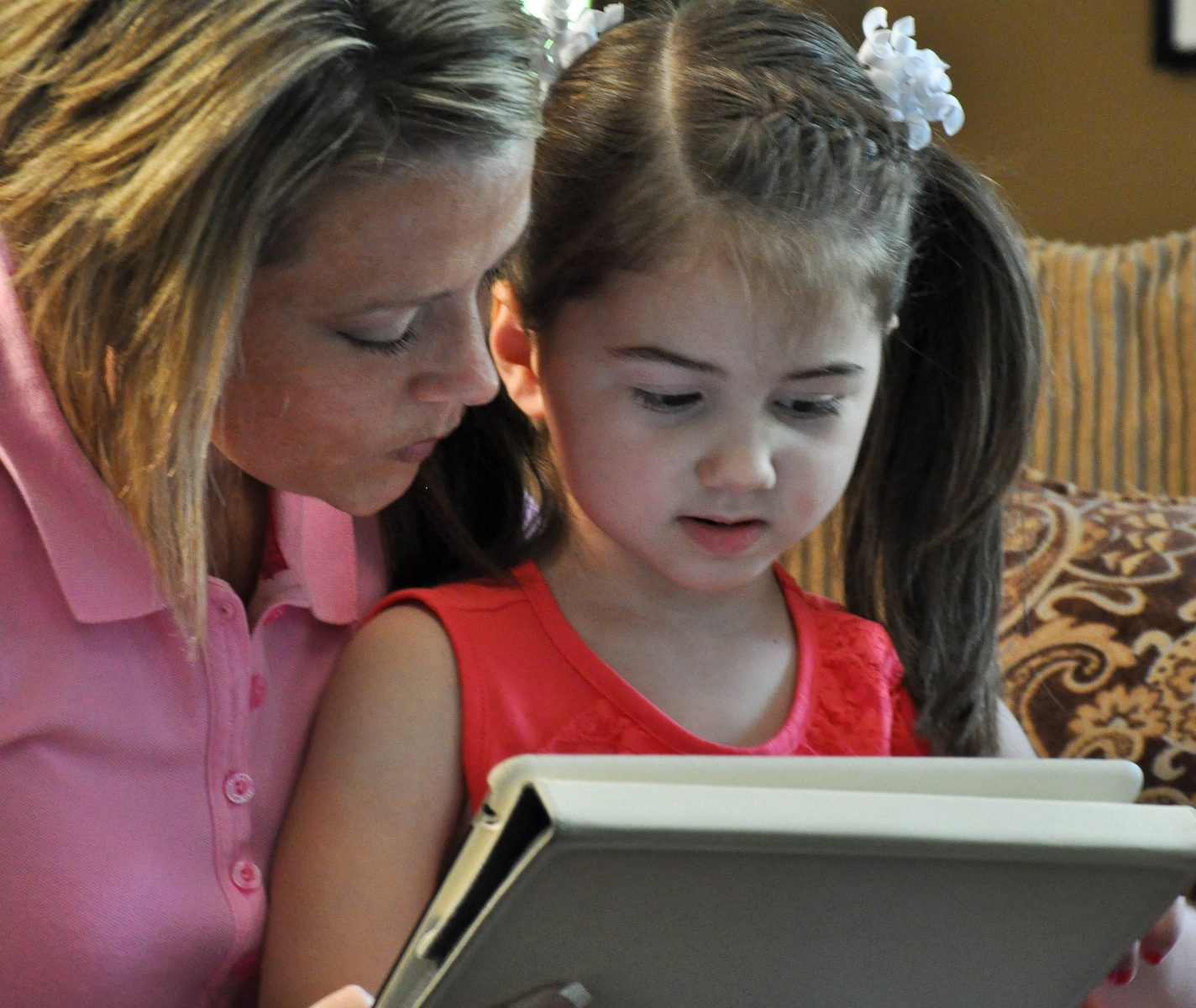 “It will be a wasteland if we don’t recycle,” stated a four-year-old child in a recent preschool study. Wow! Teaching children never stops but neither does learning from children.
“It will be a wasteland if we don’t recycle,” stated a four-year-old child in a recent preschool study. Wow! Teaching children never stops but neither does learning from children.
Although we are nearing the end of the United Nations Decade for Sustainability (2005-2014), our commitment to sustainability remains intact. It’s why we strive to find ways to make and deliver our product that decreases our carbon footprint. It’s also why we continue to provide resources and ideas–such as recycling activities for kids–for educators and parents to use when teaching children about the environment and our impact on it. After all, investing in a greener world is also an investment in our world’s children.
Using play to teach sustainability for kids
Of course, in early childhood education, making a personal connection and involving the whole child in the process deepens the understanding. One recent study looked at different ways to engage children in an early childhood education curriculum that taught sustainability. In the study, the preschool teacher created a recycling “center” for children. At the center, children could sort various items into a recycling bin, the trash, or a compost bucket. The teacher offered this center three times in three different ways:
- Modeled play: In the first recycling activity for kids, the teacher showed the children how to look for the triangle on plastic containers and bottles. Using a chart, she indicated whether or not the item could be recycled.
- Open-ended play: In the second recycling activity for kids offered on a different day, the teacher let the children problem solve on their own.
- Purposeful-play: In the final recycling activity for kids, the teacher and children engaged together in conversations about and interaction with the materials, including the purpose behind the activity. The teacher also made connections between the activity in the classroom and how this could look in their homes and communities.
Recycling activities for kids at home
This small study about sustainability for kids can be replicated at home and in classrooms. To a child, every moment is a teachable moment—even taking out the trash.  One of the goals of the United Nations Decade for Sustainability is “to motivate and empower learners to change their behavior and take action for sustainable development.” At Kindermusik, we can think of no better way than to start by actively engaging our children in the process. Together, we can create a greener world.
One of the goals of the United Nations Decade for Sustainability is “to motivate and empower learners to change their behavior and take action for sustainable development.” At Kindermusik, we can think of no better way than to start by actively engaging our children in the process. Together, we can create a greener world.
Learn more about Kindermusik’s commitment to sustainability.

